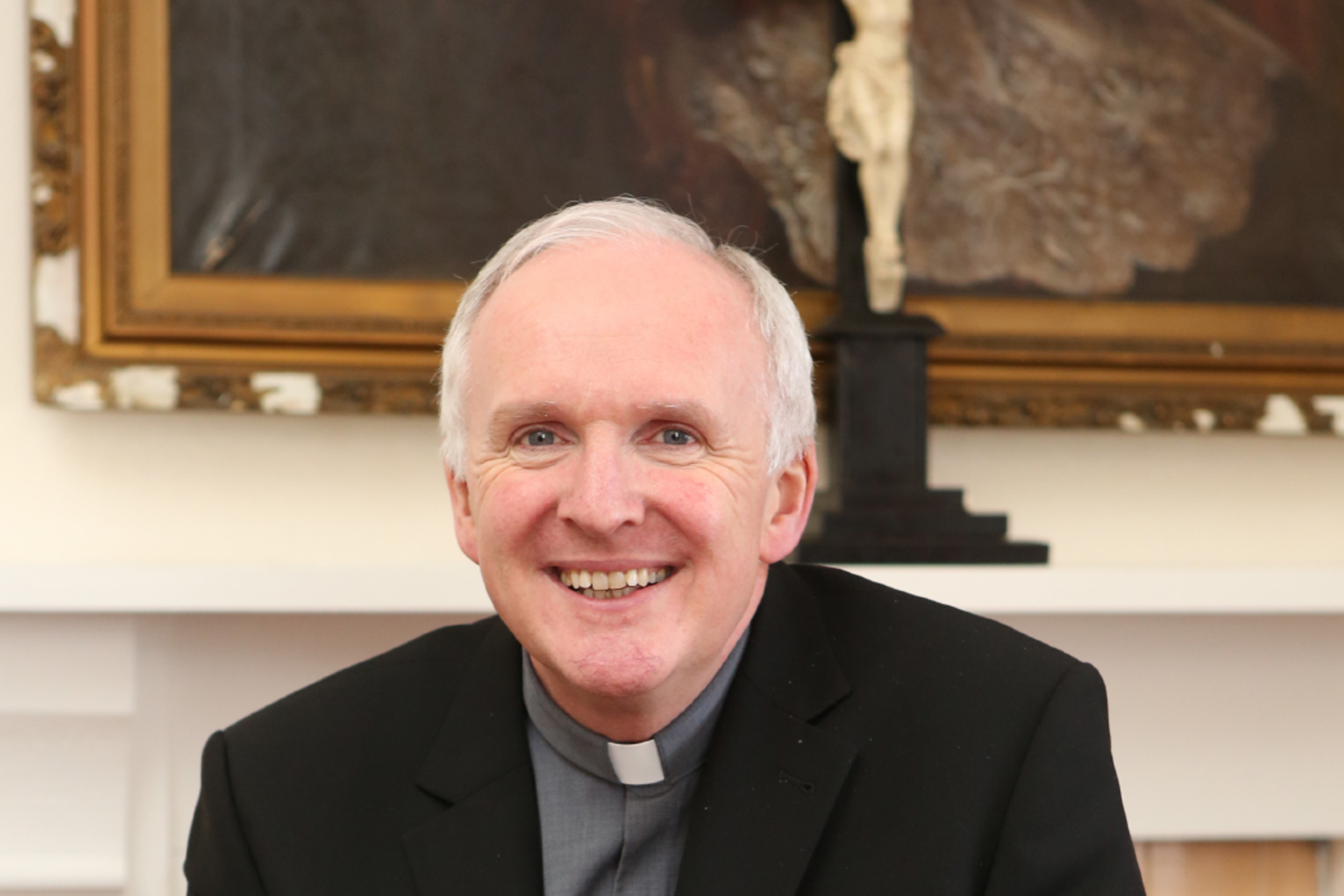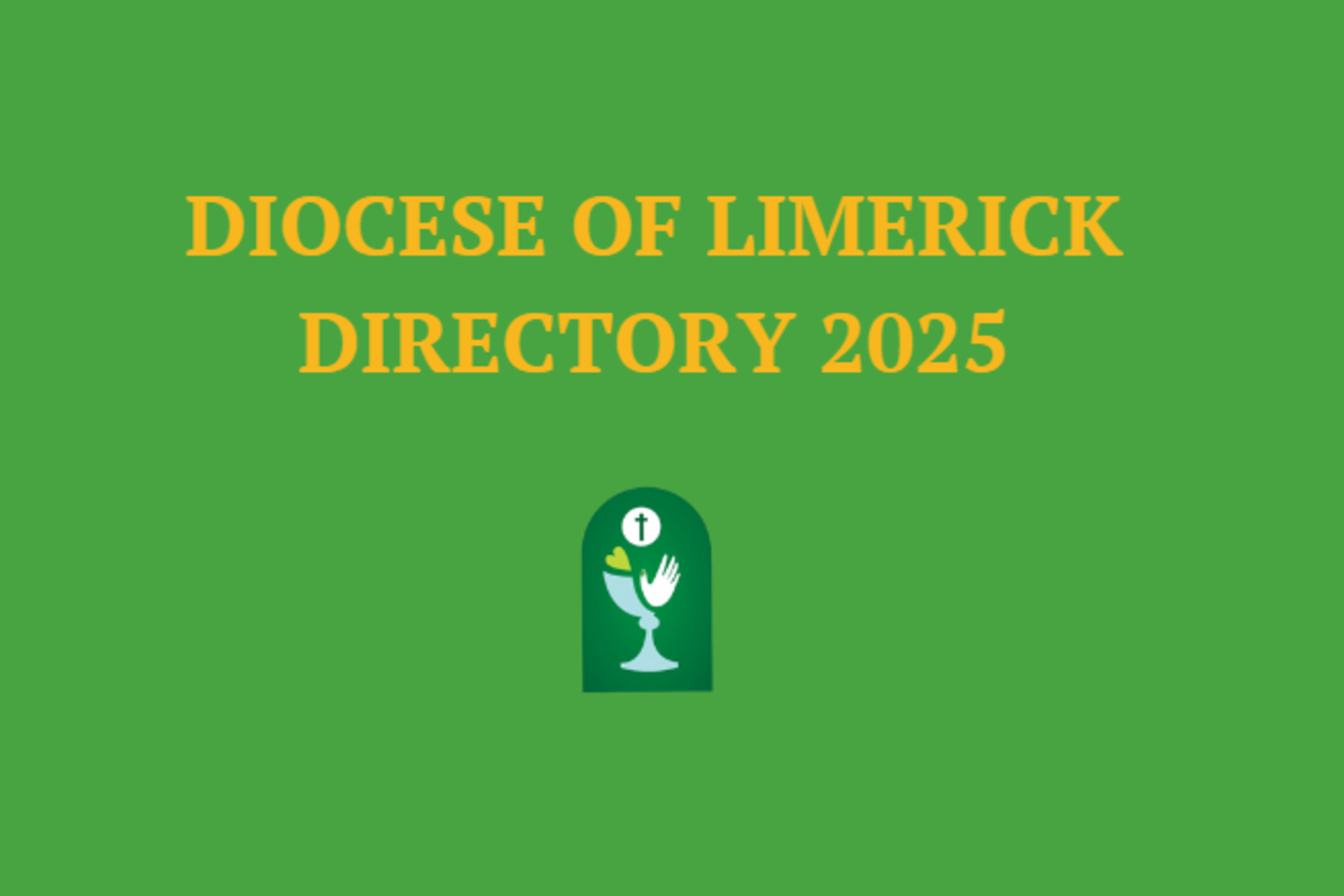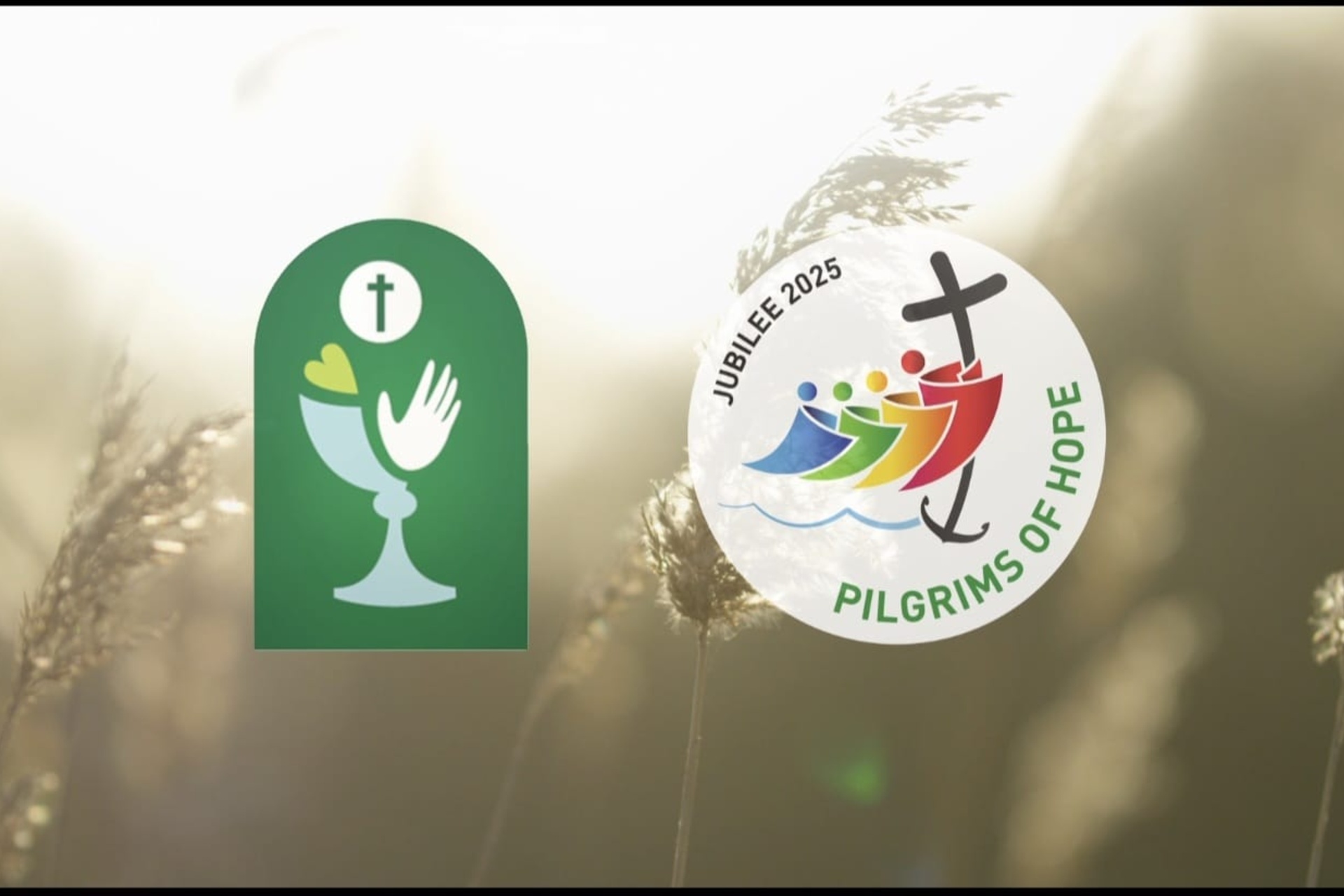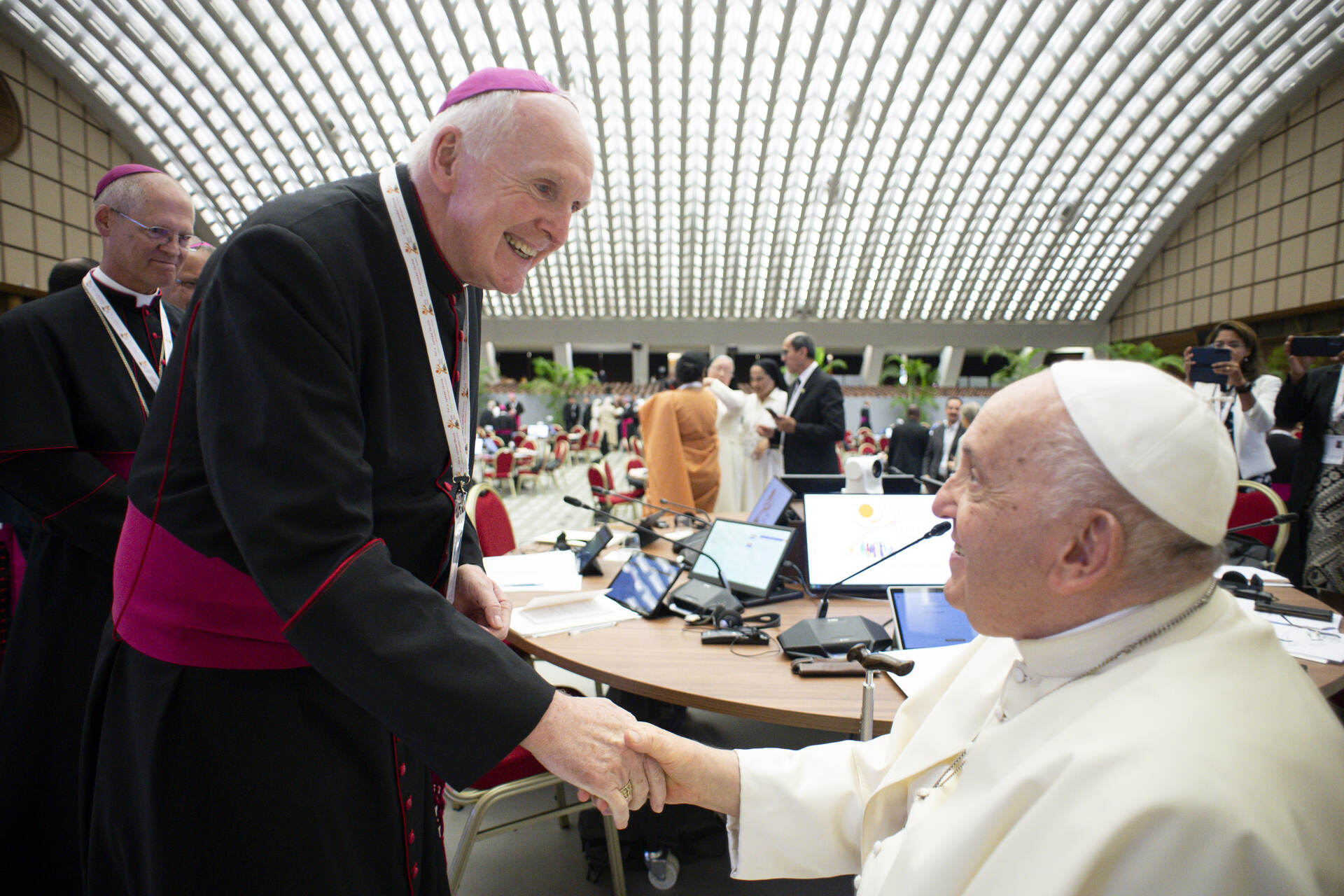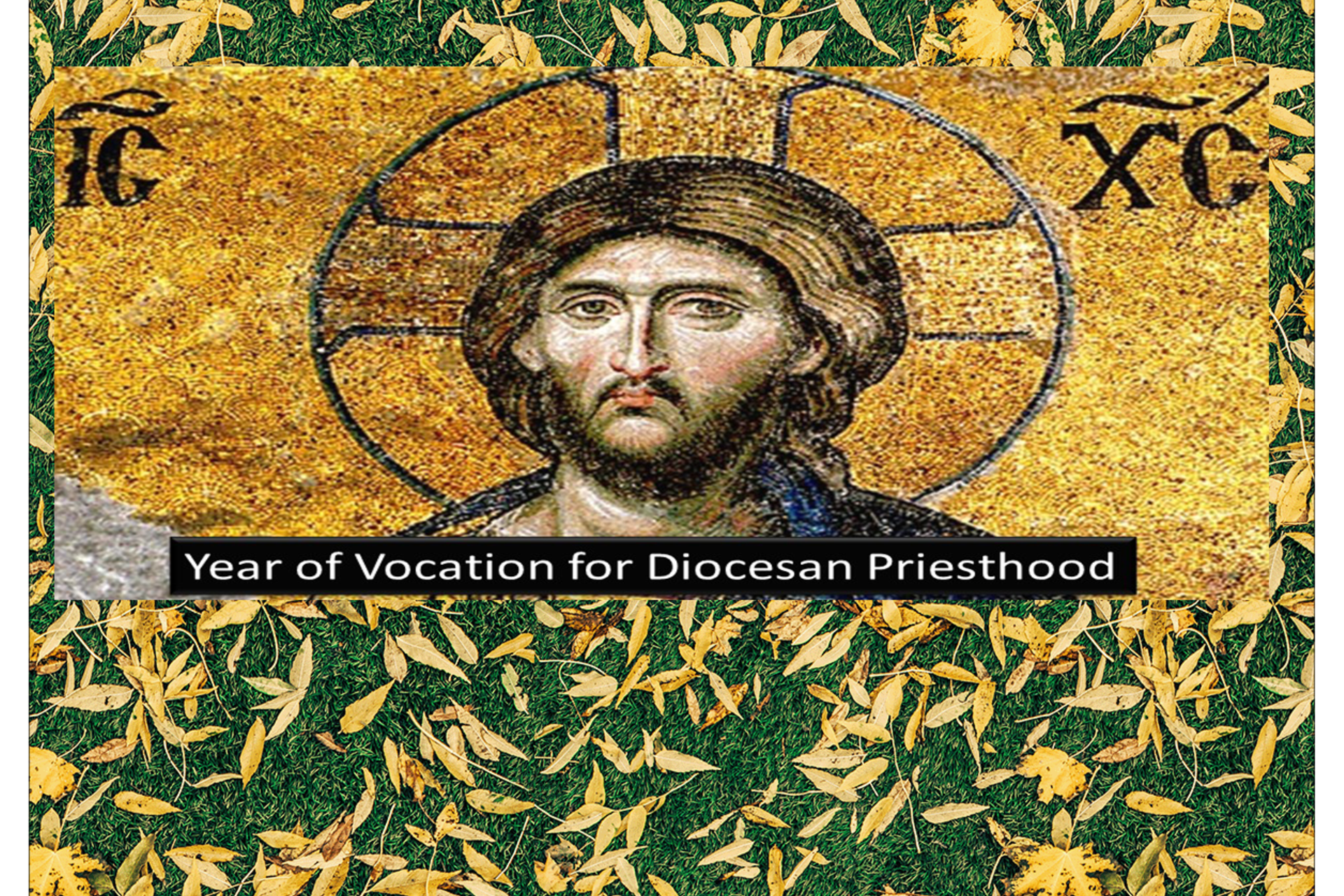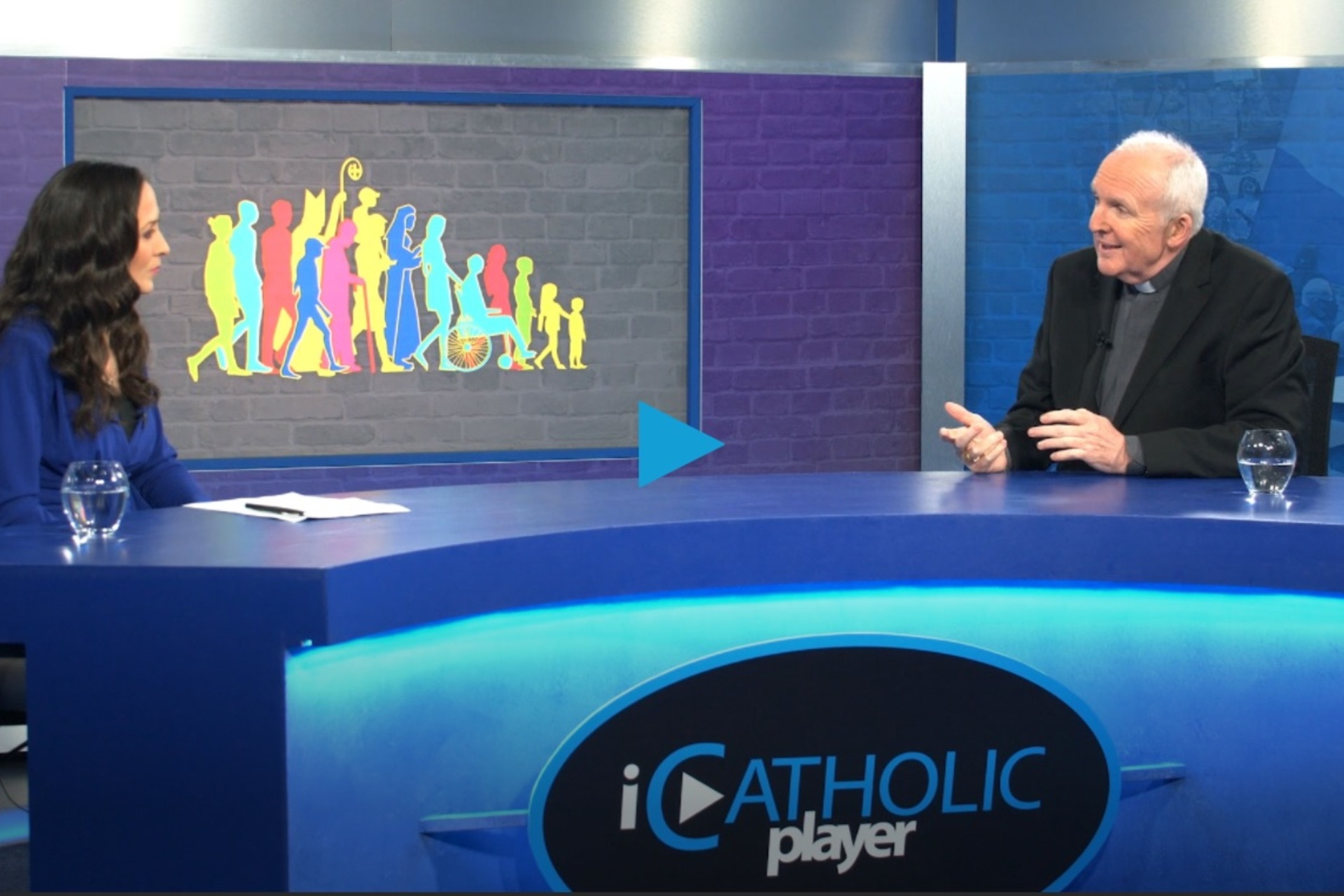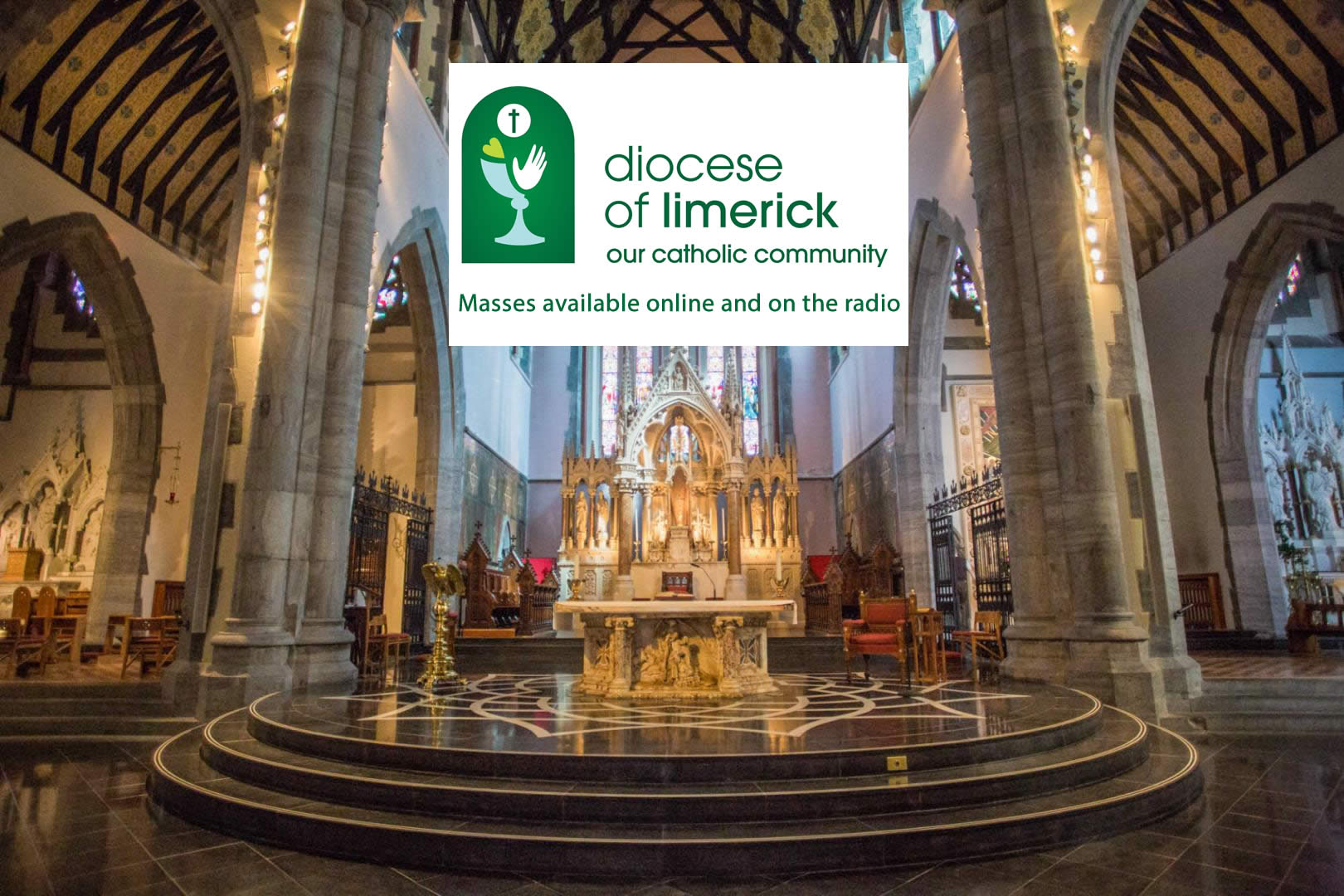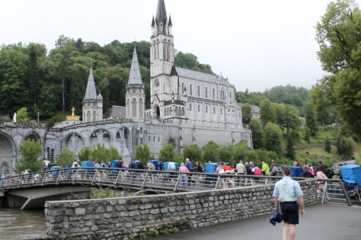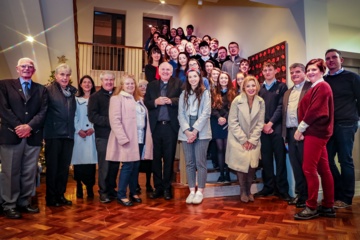“But a Samaritan, while travelling, came near him; and when he saw him, he was moved with pity.” Lk 10:33
Who We Are
The Diocese has over 100 priests and many committed lay people building up communities of faith. The Bishop is Bishop Brendan Leahy. Ms. Catherine Kelly is the Diocesan Secretary.
What We Offer
The Pastoral Plan came out of the Diocesan Synod held in 2016. The 6 pillars outlined were informed by the Diocesan Listening Process and delegate voting.
Prayer Guides
Spiritual direction is a ministry of spiritual conversation where a person meets with a spiritual director on a one to one basis.

